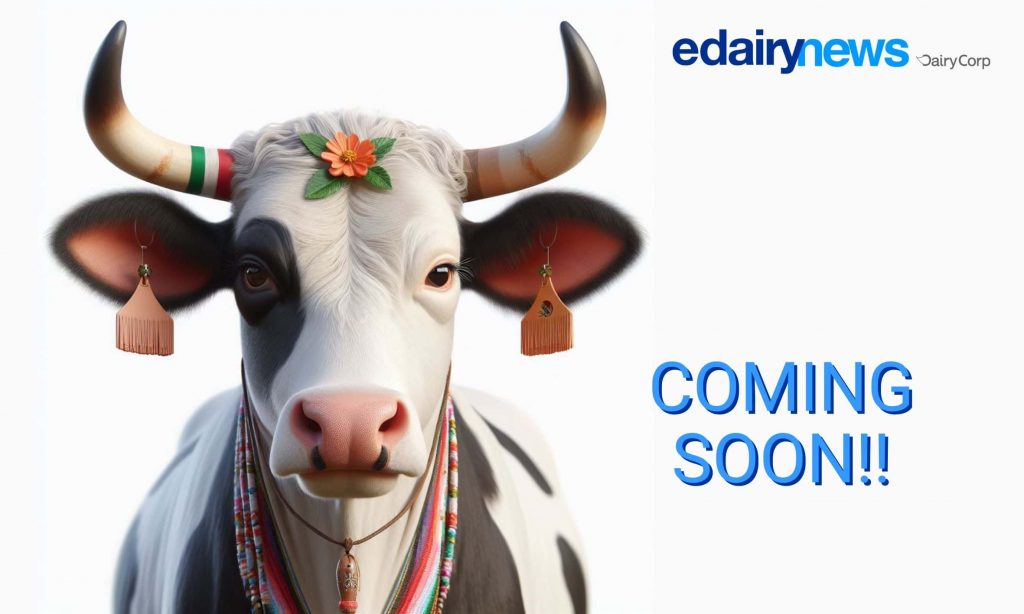But having made good progress in reducing the prevalence of red and yellow Johne’s cows within the herd from 9% to 1.5%, he was keen not to undo the farm’s hard work.
The farm had begun whole herd testing for Johne’s some two years earlier, in April 2014, with tests carried out every quarter as part of their milk testing regime.
Although it wasn’t a requirement of their milk contract at that time, Mr Bowen believes that further down the line milk buyers could create a two-tier milk market and wanted to get ahead of the game.
Farm facts
- 303ha owned
- 285 autumn-calving crossbred cows (Holstein, Norwegian Red and Fleckvieh)
- Grass-based, organic system
- Producing 8,000 litres at 3.89 fat% and 3.36% protein
- Supply OMSCo
- Employ two full-time staff plus a calf rearer for six months
Whole herd testing involves sampling milk from individual cows and is deemed much more accurate than bulk tank sampling, as their farm vet, Nathan Loewenstein from Shropshire Farm Vets, explains.
“Bulk milk testing is still being offered to people, but it is a complete waste of money. For a tank not to be low you need a minimum of 15% of cows in the herd to be a high [risk]. So, a lot of herds that did bulk milk test came back negative and thought they were fine.
“But the number of herds that are false negative is massive and by the time they go positive you have to dig yourself out of a massive hole.”
As well as converting to organic, they decided to streamline their system and reduce labour by getting rid of their spring block of cows and becoming a solely autumn block.
Buying-in animals
Being short of numbers and not wanting to extend their autumn block any further by rotating cows from spring to autumn calving, their only option was to buy in.
Their shopping list was extensive; cows had to be organic, good health status and autumn calving, which left them with limited vendors.
The first bunch of 13 animals was purchased this spring and as the herd they were buying from had limited Johne’s data they decided to pay £5-6 a head to blood test the animals for the disease during the pre-movement TB test.
“The Johne’s risk was accepted and it meant that if any cows were Johne’s positive they could then be managed as such. If you’re going to have to buy something you buy with as much information as you can,” says Mr Loewenstein.
“I think as an industry we are very poor at asking questions. You wouldn’t buy a car without test driving it, but we do buy most stock without knowing the disease history.”















